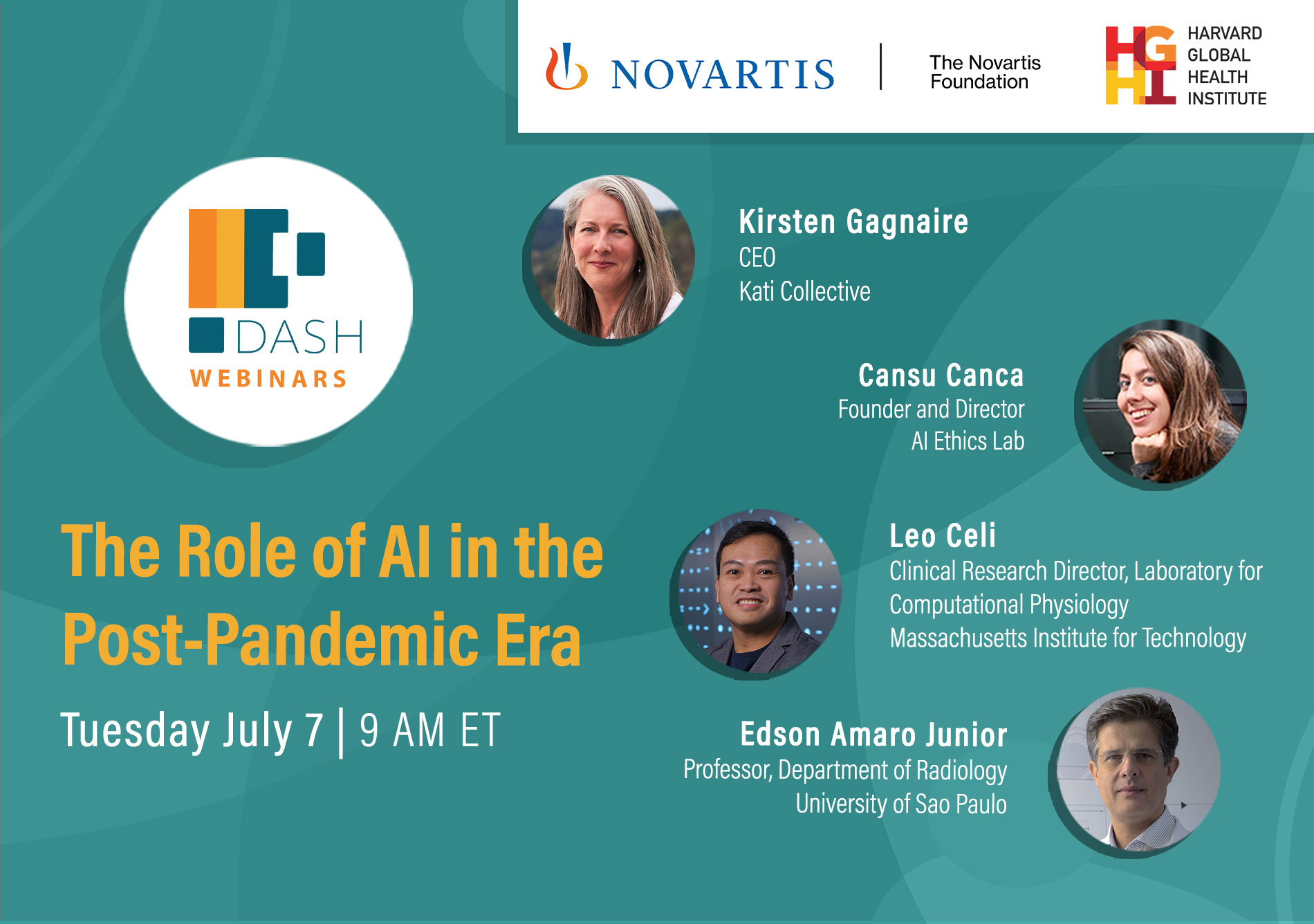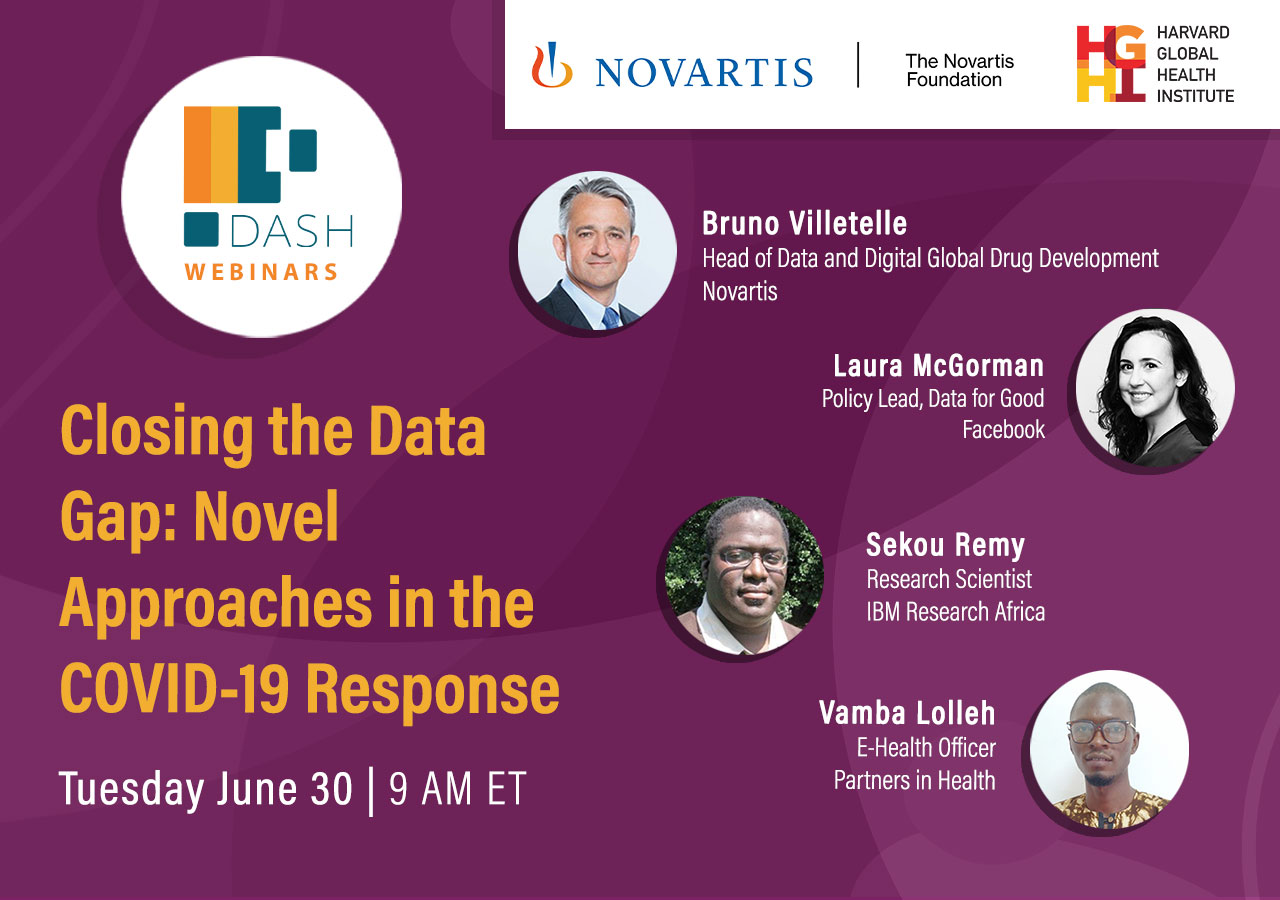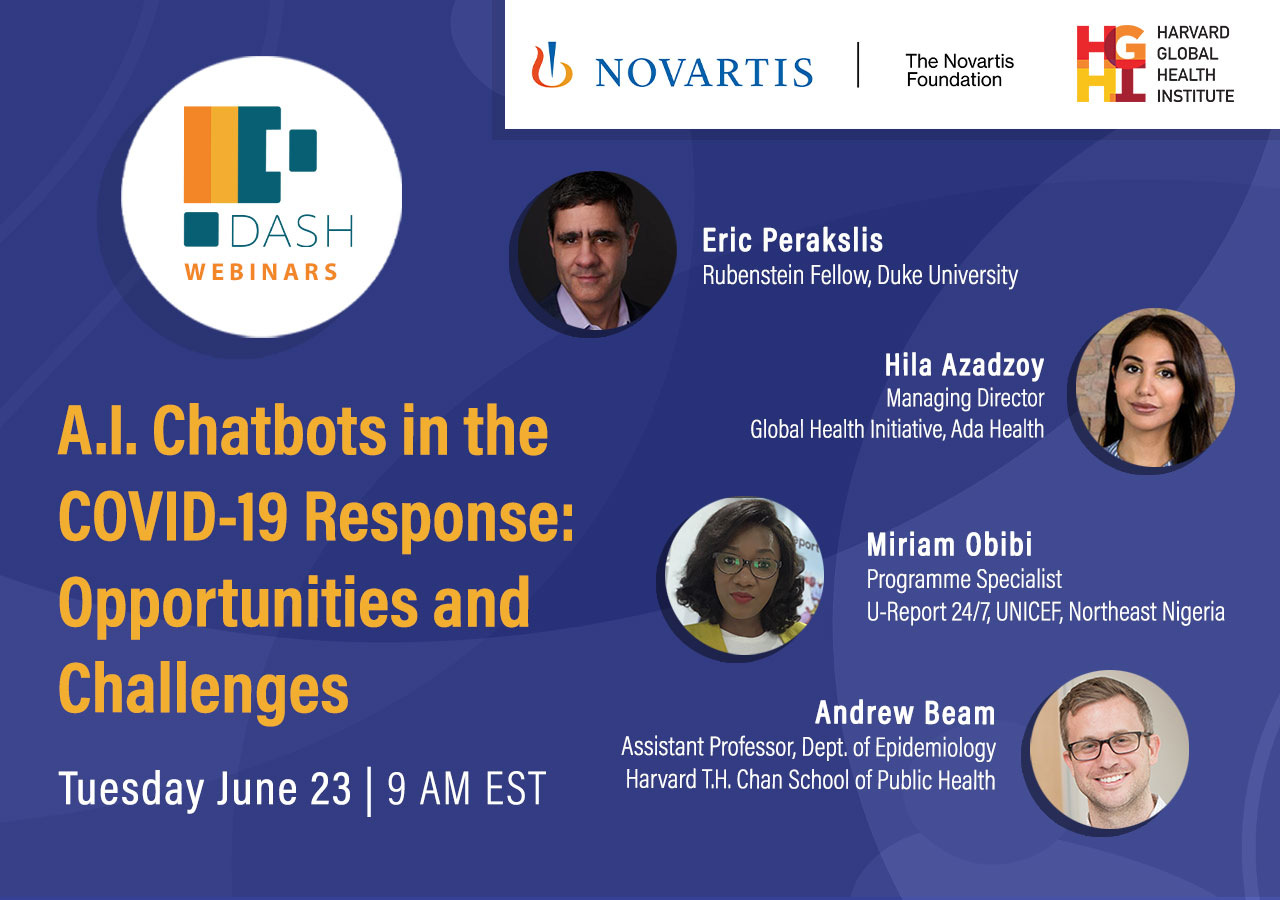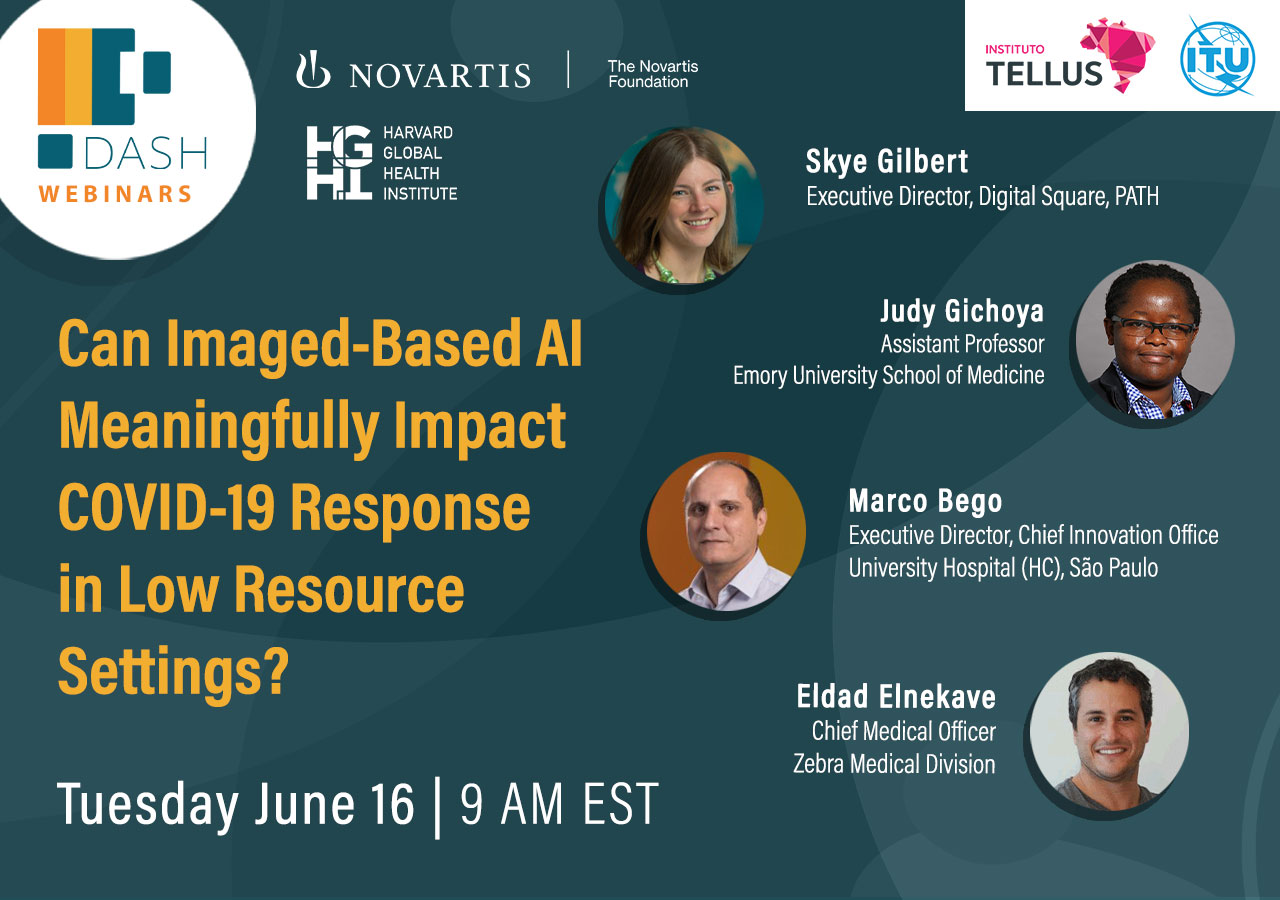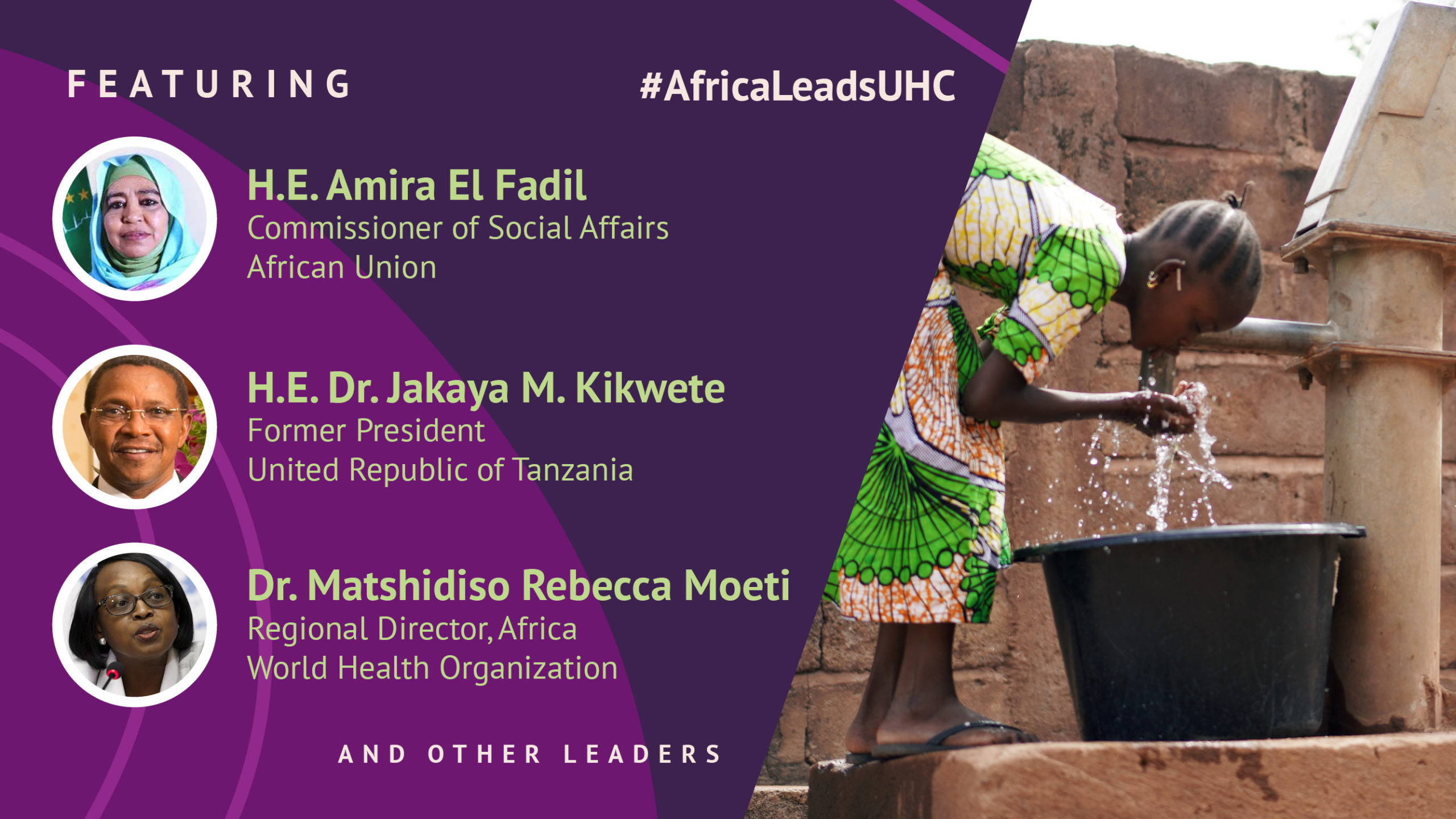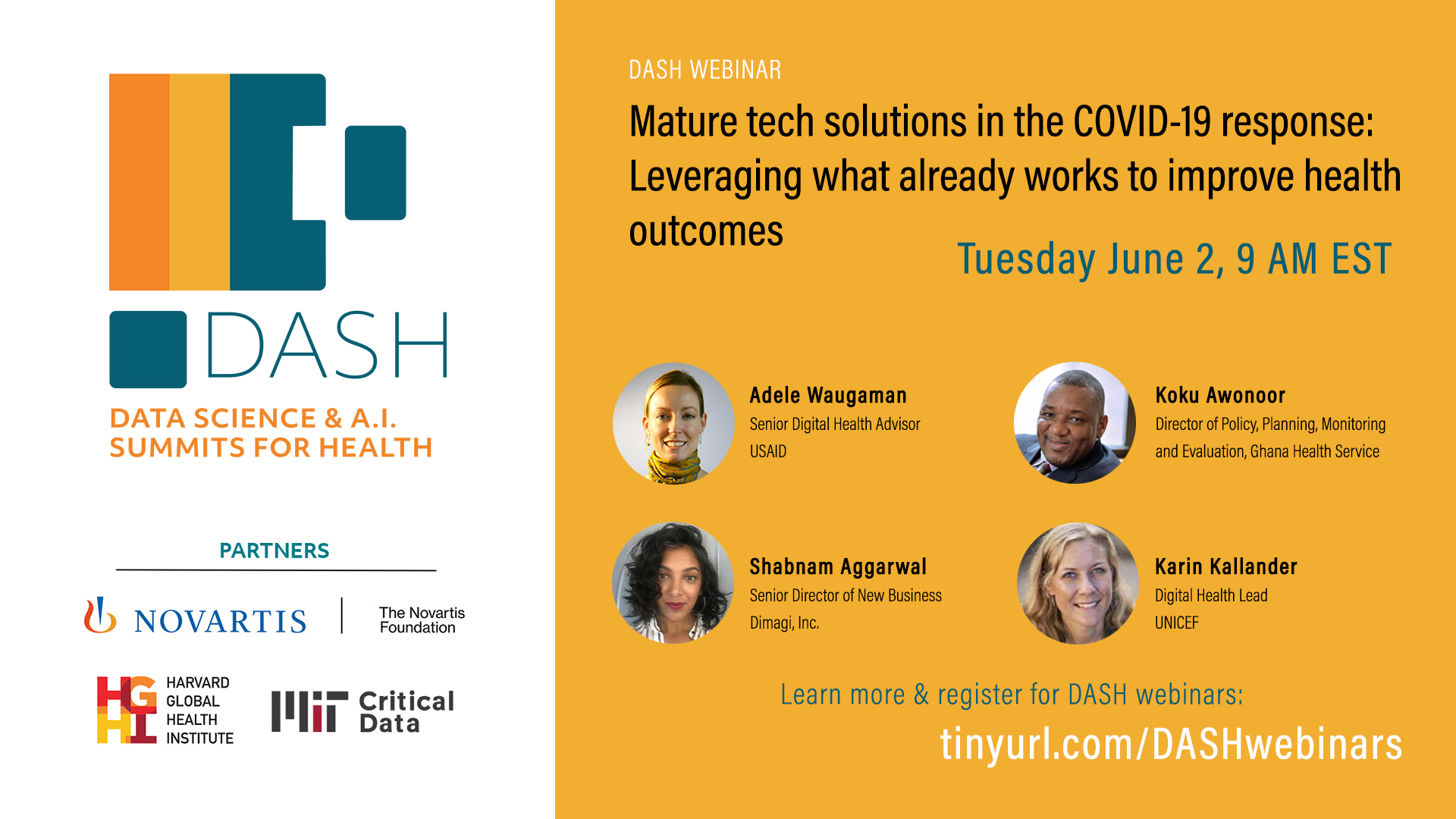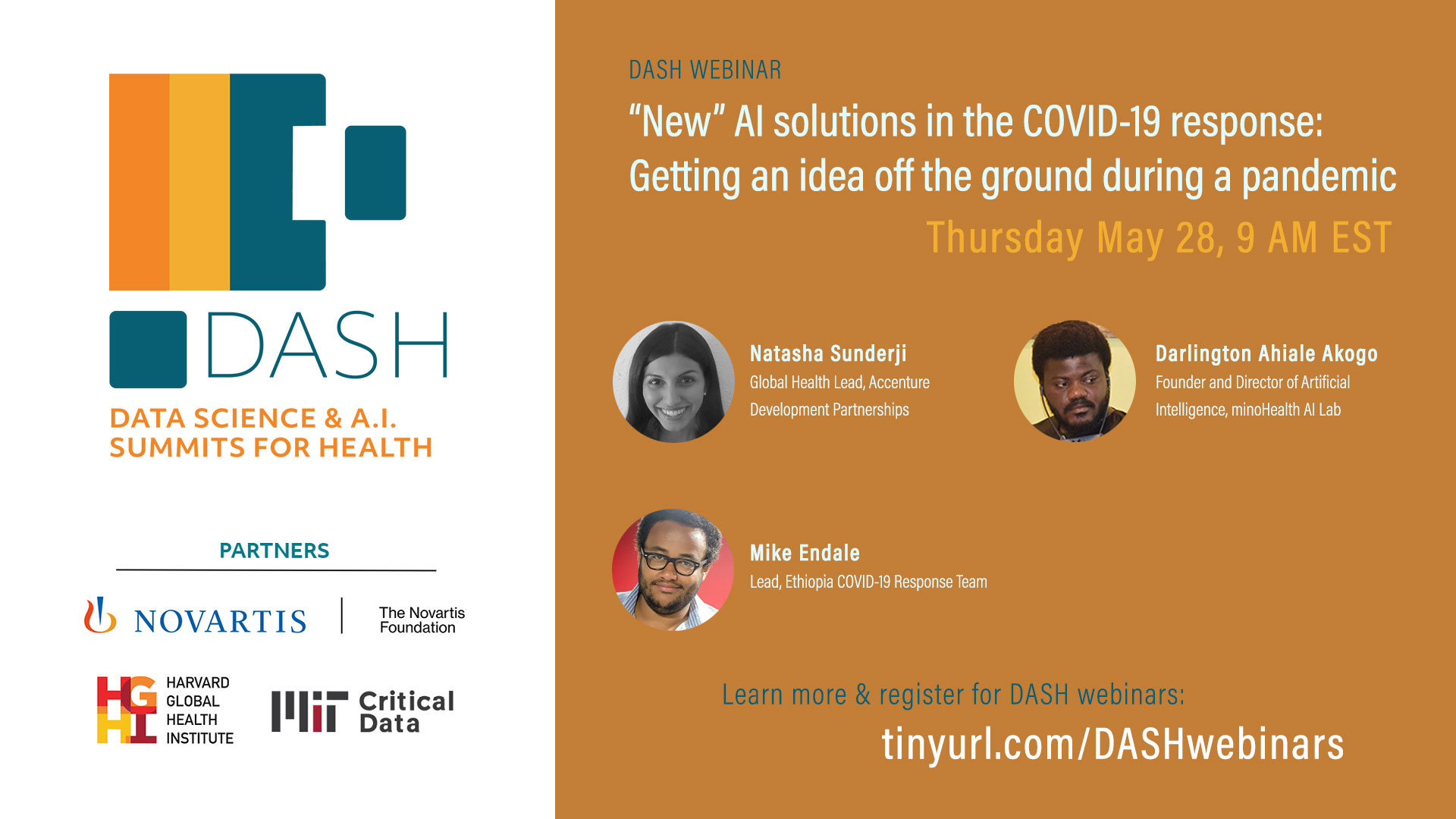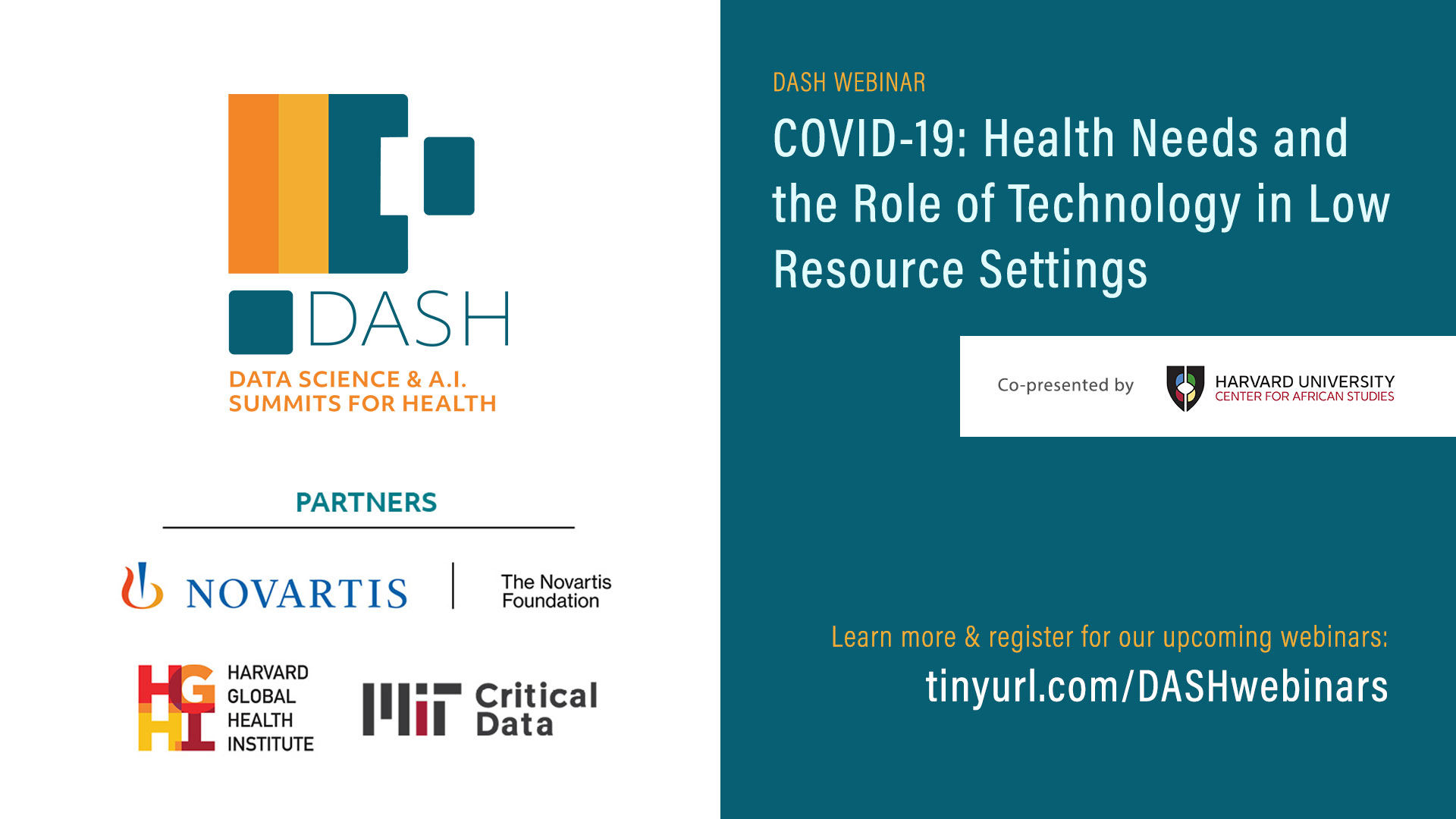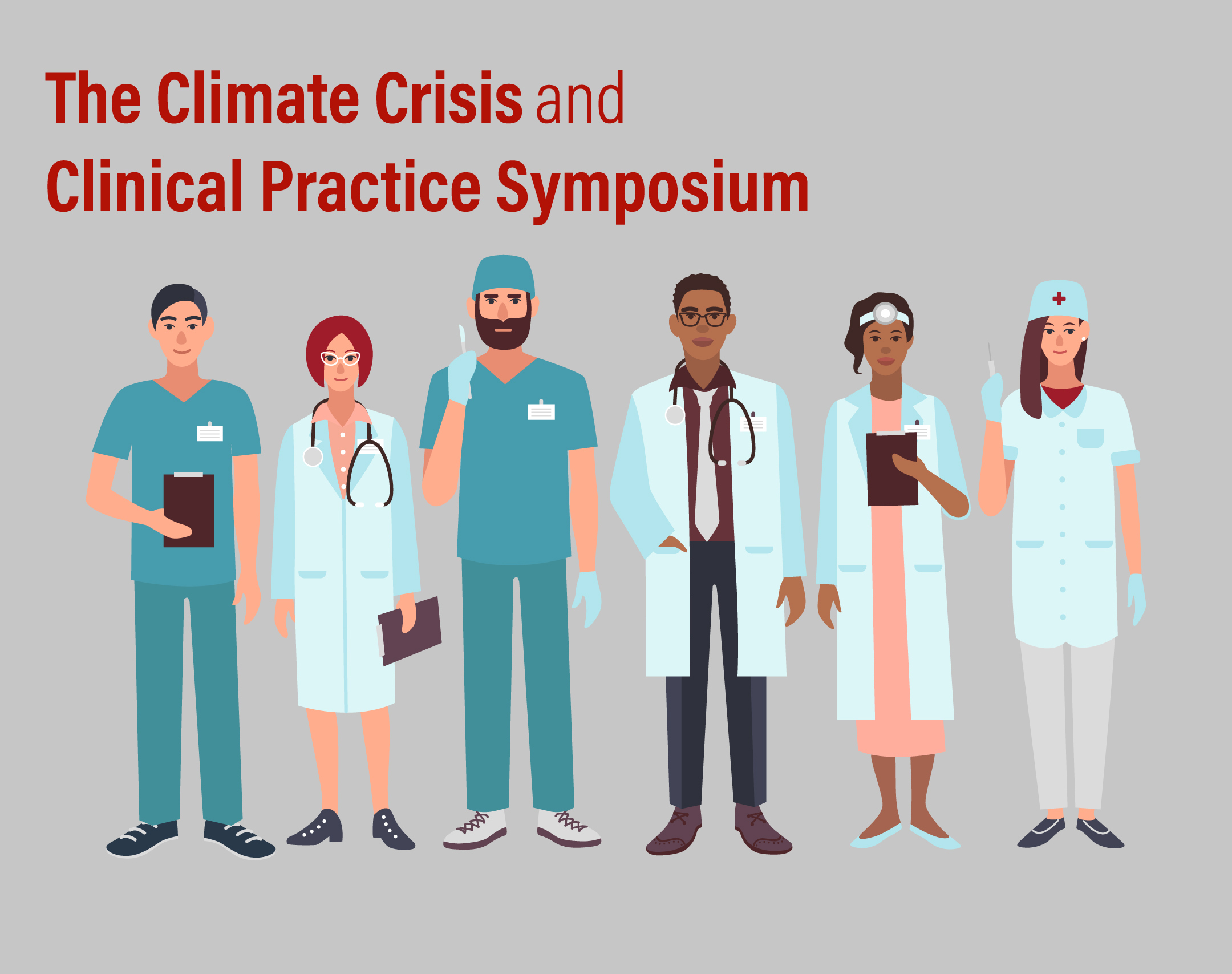Ann Forsyth, Professor of Urban Planning, Harvard Graduate School of Design; and Principal Investigator, Health and Places Initiative (HAPI)
Ashish Jha, Professor of Health Policy, Harvard T.H. Chan School of Public Health; Director, Harvard Global Health Institute; and Internal Medicine physician, VA Boston Healthcare System
Emi Kiyota, 2017 Loeb Fellow and President and Founder of Ibasho, which partners with local organizations and communities to design and create socially integrated and sustainable communities that value their elders
Jennifer Molinsky, JCHS Senior Research Associate; Lecturer, Harvard Graduate School of Design; and Co-Author of Projections and Implications for Housing a Growing Population: Older Households 2015-2035 (moderator)
As the baby boom generation ages, the US population aged 65 and over is expected to grow from 48 million to 79 million, one in five Americans will be older than 65, and one in three households will be headed by someone older than 65. Surveys indicate that most of these people want to remain in the current homes for as long as possible. However, the country currently lacks the accessible housing units and supportive social services needed to accommodate these desires. Panelists will discuss the projected growth in older Americans and explore how policymakers, planners, and public health professionals could work to address the challenges that growth will produce.
Graduate School of Design (map)
Gund Hall, Stubbins Room
Co-sponsored by the GSD Department of Urban Planning and Design, the Harvard Urban Planning Organization, the Harvard Global Health Institute, the HKS Taubman Center for State and Local Government, and the Loeb Fellowship.



